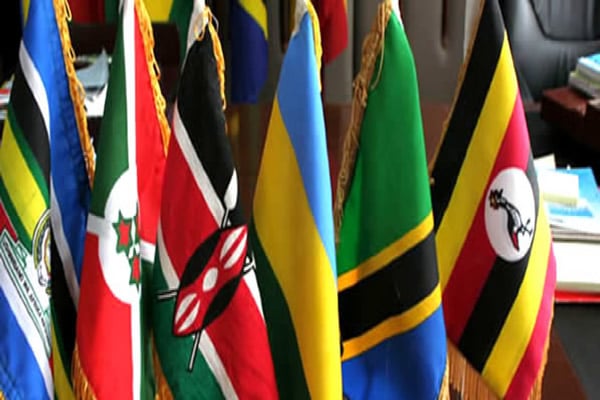- EAC Summit will be held in the unique circumstances of a raging pandemic that has ravaged member economies.
- Member states will look for a consensus on how to forge a common coordinated response to Covid 19.
- Applications by Somalia and the Democratic Republic of Congo (DRC) to join EAC will be on the table for consideration.
By Harold Acemah
The long-awaited Summit of the six partner states of the East African Community (EAC) will at last take place in Arusha, Tanzania, on Saturday, February 27. I guess, better late than never. The summit will be preceded by a ministerial meeting of the EAC member states, Burundi, Kenya, Rwanda, South Sudan, Tanzania and Uganda; this meeting will prepare the ground for the summit to be chaired by president Paul Kagame of Rwanda.
The agenda of the EAC summit includes consideration of the economic, financial and social consequences of the Covid-19 pandemic on EAC countries with a view to adopting necessary measures and reaching agreement on a regional response to the pandemic. The summit will also consider applications from DR Congo and Somalia to join EAC and ratification of the African Continental Free Trade Agreement.
The long delay in holding the summit is symptomatic of the challenges and problems which face our region and especially EAC which was established by a treaty signed amid jubilation and great expectations on November 30, 1999, by the presidents of Kenya, Tanzania and Uganda.
The treaty entered into force on July 7, 2000. Burundi and Rwanda joined on July 1, 2007, while South Sudan joined on August 15, 2016.
The present EAC is a revived and, in my opinion, better and preferable to the EAC which was established in 1967 by presidents Julius Nyerere, Milton Obote and Jomo Kenyatta, but regrettably collapsed in 1977, primarily due to ideological and irreconcilable differences between president Nyerere of Tanzania and Idi Amin of Uganda.
One lesson which East Africans learnt, the hard way, from its collapse in 1977 is the fact that, as a region, we are much better off with, than without EAC. I sincerely hope that this important lesson will not be lost or forgotten by the peoples and especially by the political leaders of East Africa.
The vision of EAC is to be a prosperous, competitive, secure, stable and politically united East Africa, while the mission of EAC is to widen and deepen economic, political, social and cultural integration in order to improve the quality of life of the people of East Africa through competitiveness, value added production, trade and investments.
The goals of the EAC include establishment of a common market for about 180 million people, a monetary union and ultimately a political federation. The agreed roadmap and targets set by the summit to achieve these ambitious goals are lagging behind due a number of factors, such as Covid-19 pandemic and unfriendly relations among some heads of state, notably those of Rwanda and Uganda.
Since they are in the long-term the principal beneficiaries of regional cooperation and integration, the peoples and private sectors of East Africa must play an active and positive role in efforts to achieve the noble objectives and goals of the East African Community.
Hostile and frosty relations between heads of state should not lead to prolonged, costly and unnecessary closure of national boundaries and conflict between partner states, as has sadly happened between Rwanda and Uganda.
The closure of the Rwanda/Uganda border has caused untold suffering, enormous damage and financial loss to millions of East Africans, especially to Rwandans and Ugandans. In diplomacy cordial bilateral relations between sovereign states do not depend on amicable personal relations between their presidents.
I appeal to the EAC summit to urgently find a lasting political solution to the feud between Gen Kagame and Gen Museveni. In this regard, I appreciate the mediation efforts of the Angolan president.
There are no major problems and frictions between wananchi of Rwanda and Uganda who are brothers and sisters desirous of living and trading peacefully as good neighbours. I wish the EAC summit fruitful and successful deliberations.
Mr Acemah is a political scientist and retired career diplomat.
hacemah1@gmail.com

